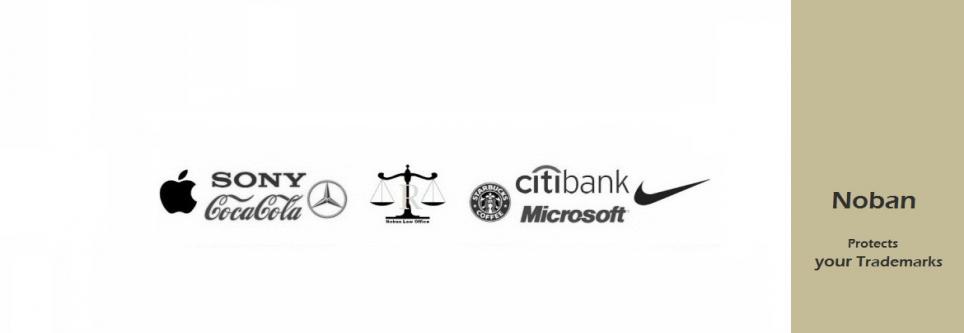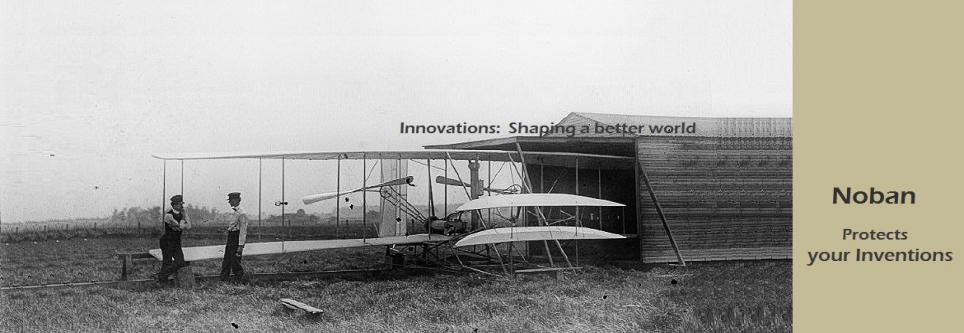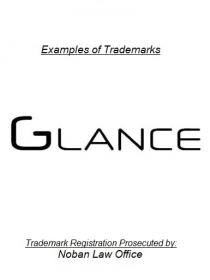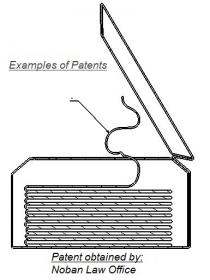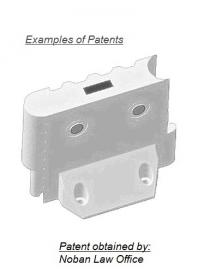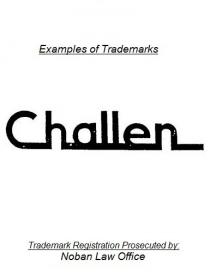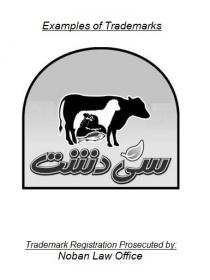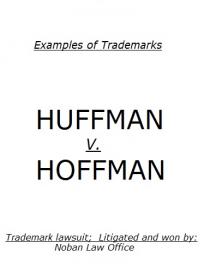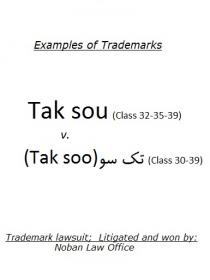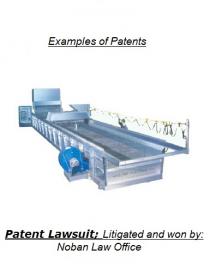Jury gives mixed verdict in Oracle-Google lawsuit
 In a decision that will satisfy nobody, the jury in the Oracle-Google copyright case has concluded that Google did indeed infringe Oracle's Java copyrights - but failed to agree whether Google's actions amounted to 'fair use'.
In a decision that will satisfy nobody, the jury in the Oracle-Google copyright case has concluded that Google did indeed infringe Oracle's Java copyrights - but failed to agree whether Google's actions amounted to 'fair use'.
The decision means that Google won't have to redesign its Android operating system, but may mean it's forced to license Java.
The Federal District Court jury in San Francisco yesterday agreed that Google did infringe Java copyright in using nine lines of code called rangeCheck.
But Oracle's unlikely to see much of the $1 billion damages for which it's been calling: experts say the comparatively minor infringement will net it $150,000 at best.
"The overwhelming evidence demonstrated that Google knew it needed a license and that its unauthorized fork of Java in Android shattered Java's central write once run anywhere principle," says Oracle in a statement.
"Every major commercial enterprise - except Google - has a license for Java and maintains compatibility to run across all computing platforms."
Google has said it plans to call for a mistrial, on the grounds that the verdict's meaningless without a decision over fair use. It's expected to file that motion today.
"No one knows, or will ever know, what the jury discussed behind closed doors and why it couldn't reach a consensus on how to answer the 'fair use' question," says patent expert Florian Mueller.
"I didn't like some of the definitions of the 'fair use' factors, such as what does or does not constitute 'transformative' use... With better jury instructions, I believe the jury would have thrown out 'fair use' unanimously."
The next stage of the trial will focus on Oracle's allegation that Anndroid violates two Java patents. Fair use is no defense here - but even if Oracle succeeds in its claims, damages aren't likely to be huge.
In a decision that will satisfy nobody, the jury in the Oracle-Google copyright case has concluded that Google did indeed infringe Oracle's Java copyrights - but failed to agree whether Google's actions amounted to 'fair use'.
The decision means that Google won't have to redesign its Android operating system, but may mean it's forced to license Java.
The Federal District Court jury in San Francisco yesterday agreed that Google did infringe Java copyright in using nine lines of code called rangeCheck.
But Oracle's unlikely to see much of the $1 billion damages for which it's been calling: experts say the comparatively minor infringement will net it $150,000 at best.
"The overwhelming evidence demonstrated that Google knew it needed a license and that its unauthorized fork of Java in Android shattered Java's central write once run anywhere principle," says Oracle in a statement.
"Every major commercial enterprise - except Google - has a license for Java and maintains compatibility to run across all computing platforms."
Google has said it plans to call for a mistrial, on the grounds that the verdict's meaningless without a decision over fair use. It's expected to file that motion today.
"No one knows, or will ever know, what the jury discussed behind closed doors and why it couldn't reach a consensus on how to answer the 'fair use' question," says patent expert Florian Mueller.
"I didn't like some of the definitions of the 'fair use' factors, such as what does or does not constitute 'transformative' use... With better jury instructions, I believe the jury would have thrown out 'fair use' unanimously."
The next stage of the trial will focus on Oracle's allegation that Anndroid violates two Java patents. Fair use is no defense here - but even if Oracle succeeds in its claims, damages aren't likely to be huge.
